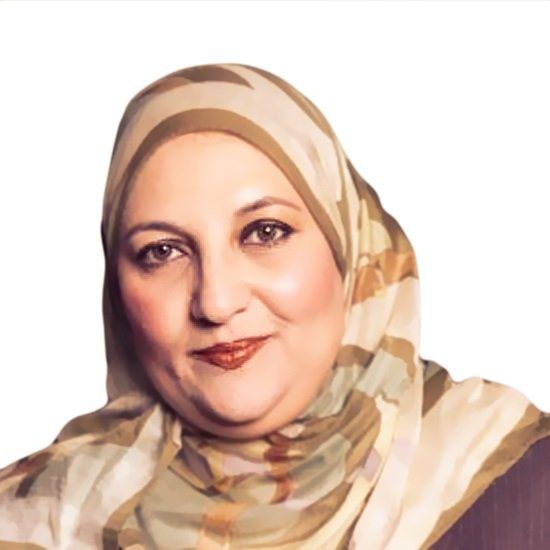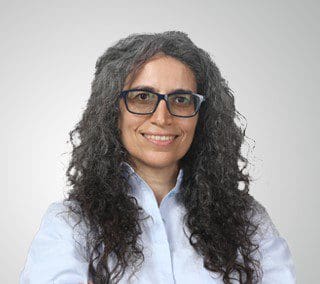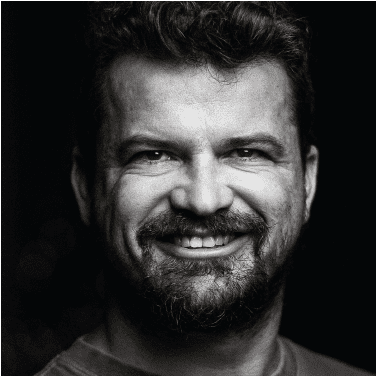Shaping Public Opinion on Gaza:
Disinformation, Propaganda, and Alternative Narratives
January 15, 2024
Summary
The Middle East Council of Global Affairs (ME Council) convened a panel of experts to discuss public opinion on Gaza amidst Israel’s ongoing military offensive and media war. The panelists examined issues including targeted attacks on journalists; conflicting mainstream media narratives; censorship, misinformation, and disinformation; and mobilization via social media. Sahar Khamis, nonresident senior fellow at the ME Council, moderated the panel titled “Shaping Public Opinion on Gaza: Disinformation, Propaganda, and Alterations.” The discussion featured Ibrahim Abu Sharif, associate professor at Northwestern University Qatar; Dima Khatib, managing director of AJ+ channels; and Marc Owen Jones, nonresident senior fellow at the ME Council.
Khamis initiated the discussion by asking about the role of digital media outlets in covering the ongoing Gaza crisis. Khatib responded that AJ+ has focused its brand on social justice and human rights, with the history of the Palestinian people as a key topic for the platform. Khamis then noted the issue of discrepancies in conflict coverage between social media and mainstream media. Khatib highlighted that many social media influencers outside of Palestine have leveraged their platforms to make the topic more accessible to viewers. This raw content has already garnered millions of views and raised awareness of the atrocious conditions under which Palestinians are suffering. Moreover, Khatib noted, the personalized coverage from Gazan reporters like Motaz Azaiza and Bisan on social media has helped to humanize Palestinians in the eyes of external observers. Khatib concluded that there is a significant shift in the global narrative because of social media activism, despite censorship and one-sided Western reporting.
Khamis then initiated a discussion on the issues of framing and narratives in coverage of Gaza. Abusharif argued that framing is a powerful tool with which to sway public opinion; one way to control information is through the intentional use of words or lack thereof to reinforce particular narratives. Abusharif explained that there have been widespread, deliberate attempts by pro-Israeli media to spotlight the events of October 7 and to divorce the “Al-Aqsa Flood” operation from the historical context. Such missing context and misinformation in mainstream media have even made its way to policy circles, and the historical context is often elided due to the fact that it does not align with the policy aims of the Israeli and U.S. governments. Nevertheless, thanks to an increase in transparent reporting by regional outlets and independent, on-the-ground reporting from Gazans, Abusharif stated that people are increasingly questioning the biases of Western media outlets and turning to local sources.
Subsequently, Khamis asked Jones about the difference between misinformation and disinformation, and how information is being weaponized in the international media coverage of Gaza. Jones defined “misinformation” as the accidental spread of false information, while “disinformation” is the deliberate spread of false news to cause harm. He suggested that actors resort to disinformation tactics to legitimize atrocities and mobilize public support. He cited the historical example of U.S. disinformation amidst the invasion of Iraq, which was used to legitimize an illegal, as a parallel to Israeli attempts to justify an invasion of Gaza. Returning to the current events, Jones mentioned one of many instances of disinformation spread since October 7, namely the claim that Hamas was beheading babies. Khamis then asked if Jones observed any discrepancies between misinformation or disinformation on legacy media versus social media. He responded that disinformation is at times initiated on social media, then picked up by agenda-driven media outlets. In sum, the state-sponsored efforts to spread disinformation function as a tool to dehumanize Palestinians and influence the wider international community’s view on Israel’s military actions.
In the subsequent question and answer session, an audience member asked the panelists about a roadmap for uniting efforts to influence Arab public opinion and Western decision-making regarding the ongoing Gaza crisis. In response, Khatib emphasized the global importance of social media and youth activism, suggesting the establishment of a Palestinian lobby to pressure decision-making in Washington. She noted that, despite the normalization of certain regional states with Israel, Arab public support for Palestine remains steadfast. Jones added that, despite the fact that public opinion in many Western countries favors a ceasefire, there is a lack of political will to work towards a viable solution.



